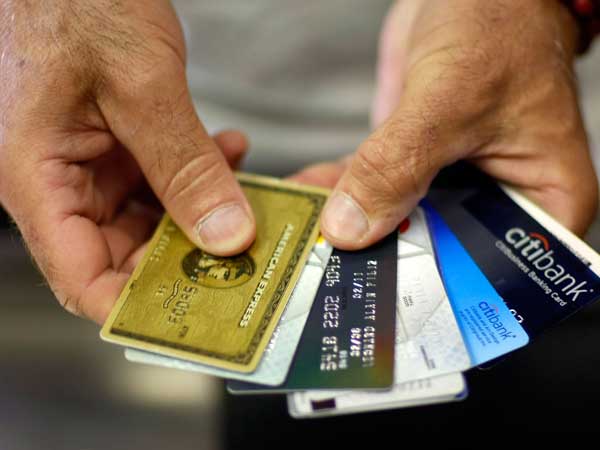
The Credit Card Act of 2009 made great strides in protecting credit card users from some unfair practices that used to be common. For instance, issuers can now raise your interest rate only under specific conditions ? meaning no more arbitrary increases without notice. But that doesn?t mean your credit card?s APR can never go up. Here are 5 times your credit card issuer can raise your rate ? and what to do if one of them happens to you:
1. Your promotional rate is ending
If you took advantage of a 0% balance transfer offer to pay down credit card debt, you probably saved a bundle during the interest-free period. But a 0% APR or other promotional rate doesn?t last forever. Promotional rates typically last six to 12 months. After that, your issuer is free to raise your rate. Your new rate will depend on multiple factors, but your credit score will be a big one.
The Card Act specifies that issuers must give you at least 45 days? notice before making a major change to the terms of your account ? but an expiring promotion is exempt from this rule. It will be up to you to keep track of when your 0% period is up, so make it a priority to pay off your balance before interest kicks in.
2. You?re 60 days late on your payments
Paying a credit card bill late is never a good move. It will usually trigger a late fee, and if you?re 30 days late, it could damage your credit score. Things get even worse when you?re 60 or more days late. At that point, your issuer will be able to impose a penalty APR, which could be as high as 29.99%.
In most cases, the Card Act prevents credit card companies from raising the interest rate on an existing balance. In other words, if your rate goes up, the new rate will apply only to new charges going forward. But if you get hit with a penalty APR, your issuer is permitted to apply it to outstanding balances. What?s more, you?re probably going to be stuck with this sky-high interest rate until you?ve made at least six on-time payments. So do what you can to make at least the minimum payment on your credit card bill on time every month.
3. Your credit score has dropped substantially
Credit card issuers periodically review your account and personal information. If it spots a change it doesn?t like ? such as a significant drop in your credit score ? it can raise the interest rate on a card you already have.
However, this is a case in which the Card Act requires that you get 45 days? notice of the change. Also, the rate applies only to new purchases ? not your existing balance. If you choose not to accept the change, you have the right to close your account with no penalty (provided you pay off the outstanding balance).
If your rate goes up because of a drop in your credit score, your issuer is required to review your account in six months for signs of improvement. If your score goes back up, the issuer must consider reducing your rate.
4. You have a variable APR and the prime rate is going up
Most credit cards have a variable APR, meaning that the interest rate on the card is tied to the direction of interest rates in general. Most credit card companies set rates linked to the prime rate, which is the rate banks charge their biggest, best customers for loans. For example, if your rate is ?prime plus 15%,? and the prime rate is 4.5%, then your rate is 19.5%.
The prime rate rises and falls based on decisions made by the Federal Reserve. If the prime rate rises, the interest rate on your credit card will rise, too. This is another situation in which your issuer is not required to give you 45 days? notice of a change to your APR.
There?s not much you can do about an increase in the prime rate. It?s not something your issuer has control over, and it will affect almost all credit cards on the market. But if you?re paying your balance in full every month ? and therefore not paying interest ? you probably won?t even notice the change.
5. You?ve had the card at least 12 months
One provision of the Card Act says issuers generally can?t raise the rate on a card you?ve had for less than a year. There are exceptions to this, including a 60-day delinquency or a change to the prime rate. But if a year passes and your issuer wants to raise your rate, it?s permitted to.
Again, though, you must receive 45 days? advance notice of the change; if you find yourself in this situation and aren?t sure why your rate is going up, call your issuer right away to find out why. It might be the case that an error has popped up on your credit report. If so, you?ll need to take steps to correct it ? pronto.